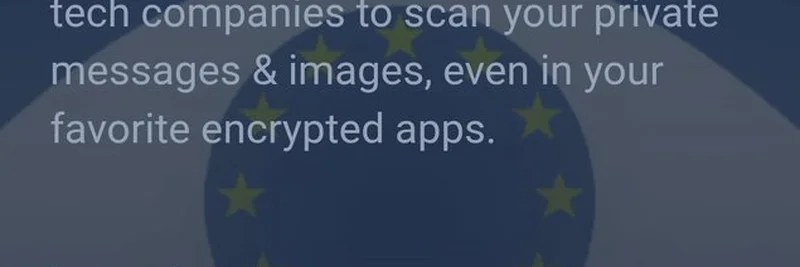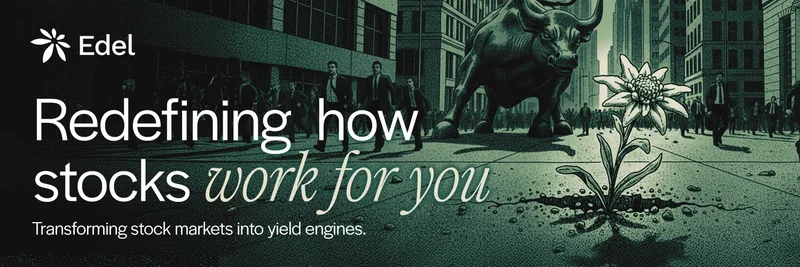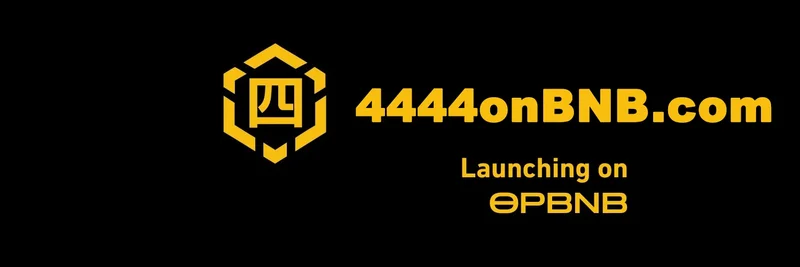In a recent tweet that's stirring up the crypto community, Mert, the CEO of Helius Labs—a key player in Solana's ecosystem—laid out a stark warning about Europe's push toward greater surveillance. His post, which has garnered significant attention, highlights two major developments: the EU's desire to monitor private messages and the rollout of a Central Bank Digital Currency (CBDC) to track financial activities. Mert's punchline? The best defense is privacy-focused crypto. Let's break this down and see why it's a big deal for anyone in the blockchain space, especially those dabbling in meme tokens.
Understanding EU's Chat Control: A Privacy Nightmare?
Chat Control, officially known as the EU's proposal on preventing child sexual abuse online, sounds noble on the surface. But dig deeper, and it's a plan that could force tech companies to scan all private messages and images—even on encrypted apps like Signal, WhatsApp, and Telegram. This isn't optional; users can't opt out, and it involves using AI to automatically flag suspicious content before it's encrypted, effectively breaking end-to-end encryption.
According to reports from the European Parliament, this mass scanning raises huge privacy red flags, as it could lead to widespread surveillance of innocent communications. Critics, including privacy advocates at Mozilla, argue it's a slippery slope toward government overreach. As of September 2025, 19 EU states support scanning before encryption, per DIGI.WATCH, despite backlash from groups like EDRi who warn of unreliable AI filters invading everyday chats.
For blockchain enthusiasts, this hits close to home. Meme token communities thrive on platforms like Telegram for pumps, airdrops, and alpha drops. Imagine your degen group chats getting scanned—could that chill free speech or expose trading strategies?
The Digital Euro CBDC: Tracking Your Every Transaction?
On the financial front, the EU is gearing up for the Digital Euro, a CBDC issued by the European Central Bank (ECB). It's designed as a digital version of cash, but with built-in programmability and traceability. The ECB promises "stringent privacy standards," as outlined on their site, claiming it would protect user data better than current electronic payments.
However, skepticism abounds. Lawmakers have voiced concerns about privacy risks, with some fearing citizens might flock to ECB accounts, destabilizing traditional banks, as noted in Cointelegraph. A GIS Reports analysis points out the tricky balance between privacy and security, especially after U.S. moves to ban CBDCs influenced global debates. Critics on forums like Reddit call it "mass surveillance" in disguise, with potential for sanctions on non-compliant services.
In the meme token world, where anonymity is king for avoiding rugs or front-running, a traceable CBDC could make fiat on-ramps feel like Big Brother's playground. Trading volatile memes on chains like Solana? Your financial footprints might become crystal clear.
Why Privacy-Focused Crypto is the Ultimate Counterpunch
Mert's third point nails it: privacy-focused crypto is the rebellion toolkit. Think Monero (XMR) for untraceable transactions or Zcash (ZEC) with its shielded pools—these are the OGs of privacy coins. On Solana, where Helius Labs operates, projects like Light Protocol or privacy-enhancing tools in DeFi are gaining traction, allowing users to mix transactions without leaving a trail.
But let's tie this to memes. Privacy-themed meme tokens, often inspired by these techs, are popping up as satirical jabs at surveillance states. Tokens like $PRIVACY or Monero memes rally communities around the cause, blending humor with utility. They remind us that blockchain isn't just about gains; it's about sovereignty. By using zero-knowledge proofs (ZKPs)—tech that verifies transactions without revealing details—you can trade memes or send funds incognito, dodging the watchful eyes of regulators.
Replies to Mert's tweet echo this sentiment: from calls to avoid "going full Europe" to jokes about brain scans next. It's clear the crypto crowd sees this as a wake-up call to double down on decentralized, private alternatives.
What This Means for Blockchain Practitioners and Meme Enthusiasts
As we navigate 2025's regulatory waves, staying informed is key. The EU's moves could set precedents worldwide, pushing more users toward privacy-centric chains and tokens. If you're building or trading in the meme space, consider integrating privacy features—it's not just smart; it's survival. Check out resources like Fight Chat Control to get involved, and remember: in crypto, your keys mean your privacy. Don't let surveillance memes become reality.




